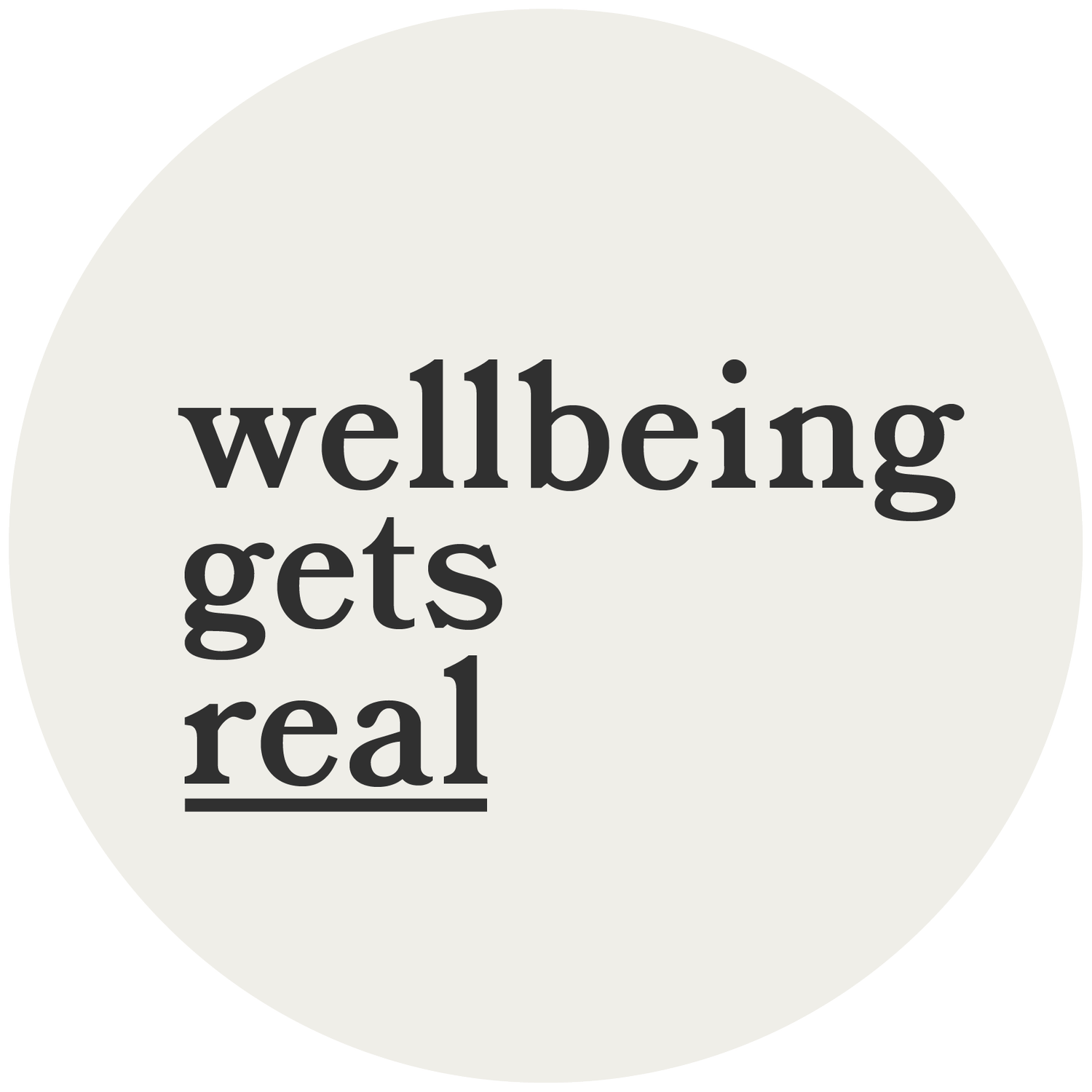Rebuilding Trust: A Systems Approach to Sustainable Employee Wellbeing
Trust isn’t gained through quick fixes—it requires systemic change for people to feel confident in a leader or organisation’s capacity to safely navigate the unknown. Many organisations are seeing a critical trust deficit, driven by broken commitments, high job demands, contradictory messaging and low-quality connections.
The result? Lower productivity and quality of work, loneliness, burnout or at the very least low wellbeing and higher turnover.*
The Fix? Go Upstream—Address the Systemic Causes of Trust Erosion
Post-COVID, many organisations have pulled back on wellbeing initiatives, but the real problem isn’t the lack of perks—it’s the structural and cultural misalignments that make employees feel unsupported and expendable. To rebuild trust, we need to stop only treating symptoms found downstream and start addressing root causes found upstream.
A Systems Lens: Three Upstream Strategies to Rebuild Trust
Align Organisational Actions with Employee Expectations
Trust erodes when employees hear one thing and experience another—when companies promise wellbeing support but maintain unsustainable workloads, or when they discuss job security but fail to provide transparency around layoffs. Leaders must ensure that policies, workload expectations, communication and support all reinforce—not contradict—the message of employee care.Redesign Work and build leadership capabilities to Reduce Psychosocial Hazards
Wellbeing isn’t just about surface-level perks—it’s about ensuring work is designed to be sustainable, meaningful and not cause the employee psychological harm. To mitigate or lower the risks of psychosocial hazards, organisations need to focus on trust. In doing so, organisations may need to assess and redesign structures, workloads, and look to build leadership capabilities. Leaders are your first line of defence in reducing psychosocial hazards and can actively create a work environment that supports—not drains—employees.Prioritise Connection as a Business Imperative
Loneliness fuels distrust, it leads to 21% lower trust in organisations and 15% lower trust in managers. Organisations must go beyond generic “culture-building” efforts and embed structured, high-quality connection opportunities into the flow of work and actively support and encourage psychologically safe leadership.
The Bottom Line:
Rebuilding trust in the organisation as a bid to support employee wellbeing requires more than good intentions—it demands systemic action. By addressing the root causes of trust erosion—misaligned commitments, unsustainable work design, and toxic work culture and relationships—leaders can build a culture where trust thrives, productivity rises, and employees stay engaged and well for the long haul.
*Source: The State of Workplace Burnout 2025 Report – Infinite Potential

